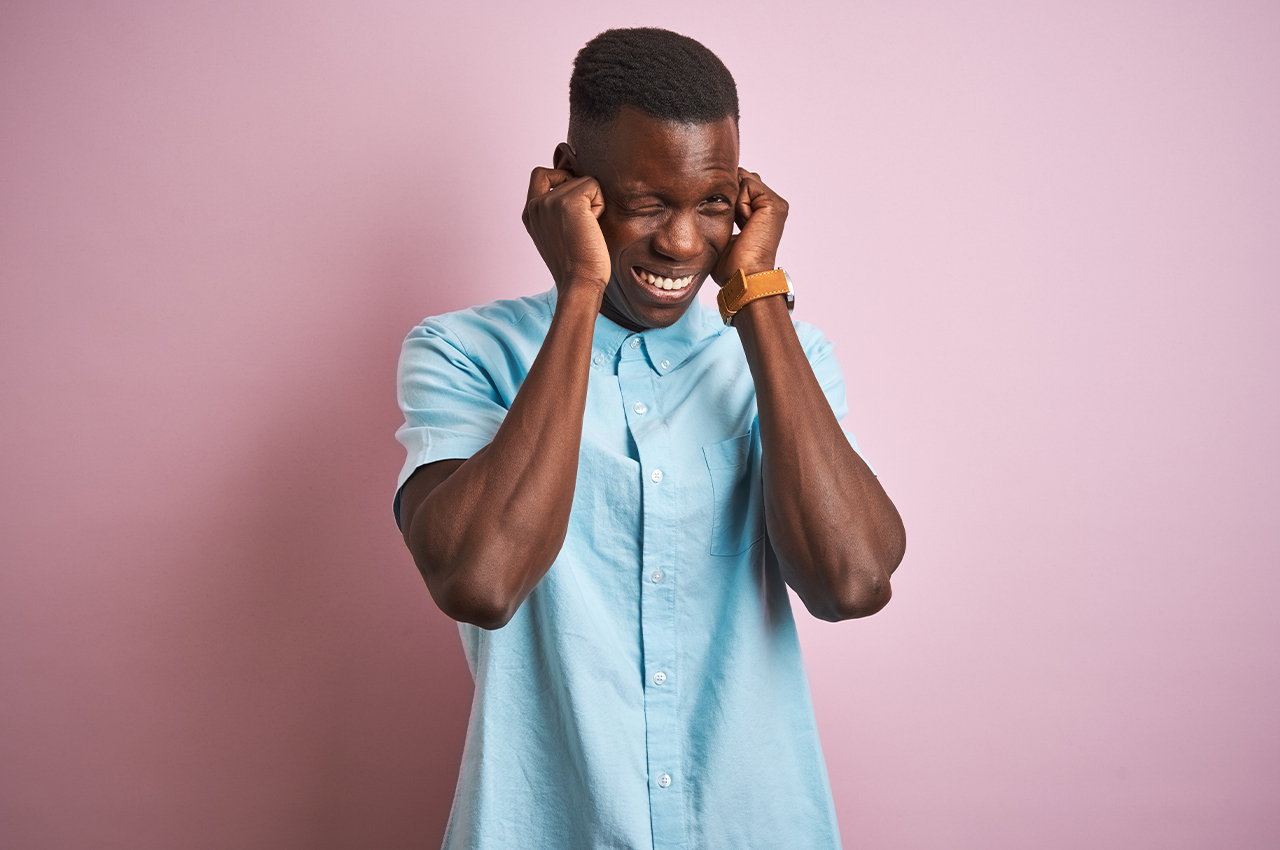Every day we are exposed to sound, whether that’s from our TV or traffic. These sounds are normally at a safe level and generally don’t affect our hearing. However, did you know that exposure to loud noises, even briefly, can damage sensitive structures in your inner ear and possibly lead to hearing loss?
Noise-induced hearing loss (NIHL), can affect one ear or both ears and can be noticed immediately, or only appear a few weeks later,. So, how do you know when sounds are too loud?
Safe and sound?
Sound is measured in units called decibels. Sounds at or below 70 A-weighted decibels (dBA), are unlikely to cause hearing loss. However, repeated exposure to sounds at or above 85dBA can cause hearing loss.
Here are the average decibel ratings for sounds you may experience every day:
- Normal conversation – 60 decibels
- Noise from heavy city traffic – 85 decibels
- Motorcycles – 95 decibels
- A music device (iPod, iPhone) at maximum volume – 105 decibels
- Indoor concert – 115 decibels
- Sirens – 120 decibels
- Firecrackers and firearms – 150 decibels
How do I know if my hearing is affected?
- ringing or buzzing in your ears
- difficulty hearing high-pitched sounds, like a telephone ringing in another room or a baby crying.
- persistent pain in your ears
- needing to turn the TV sound higher
The good news is that NIHL is something you can prevent it. Here’s how:
Prevention
- In addition to avoiding loud noises where possible, always wear earplugs or other protective devices to reduce the noise level if you know you’re going to be exposed.
- Move away from loud noises if you don’t have earplugs or hearing protection.
- Turn down the volume of music systems.
- Never listen to music through headphones or earphones with the volume all the way up.
- Have your hearing tested frequently if you are exposed to loud noises regularly.

